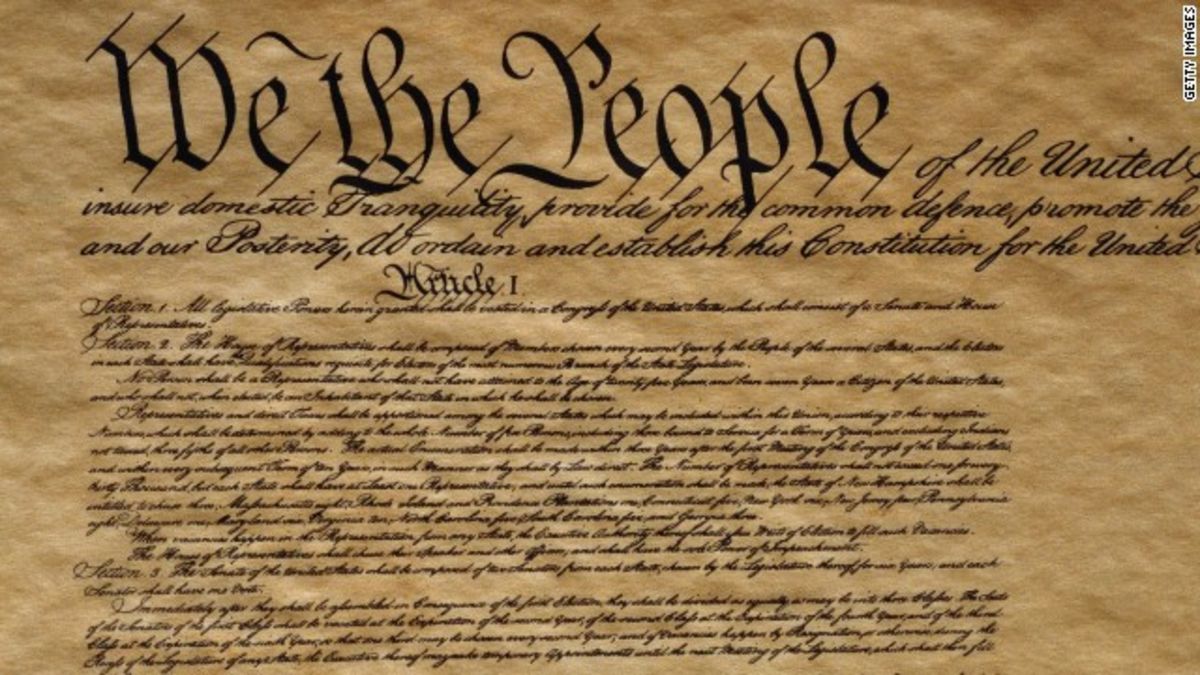On the judiciary and "time-honored norms"
As both a librarian and a writer, primary sources are my bread and butter. When you wish to know the meat of a thing, go to the primary sources. For example: If you really want to know what the Bible says, then you'd better get yourself to learning New Testament Greek and Biblical Hebrew. Otherwise, you're just reading translations written by other people, who may want to obfuscate the intricate and nuanced language of the original text.
With the passing of Justice Ruth Bader Ginsburg of blessed memory, suddenly "norms" are all the rage. For example, take this tweet:
Yes, Rich "Palin Starbursts" Lowry has thoughts about the time-honored norms which have governed this country for centuries. Oh no, don't pack the court! That's worse than anything Donald Trump has done!Packing the court would be a greater blow to norms, legitimacy, and our system of government than *anything* Trump has said or done
— Rich Lowry (@RichLowry) September 19, 2020
The judicial Power of the United States, shall be vested in one supreme Court, and in such inferior Courts as the Congress may from time to time ordain and establish. The Judges, both of the supreme and inferior Courts, shall hold their Offices during good Behaviour, and shall, at stated Times, receive for their Services, a Compensation, which shall not be diminished during their Continuance in Office.
Article III, Section 1. And that's it. That's all that the Framers sought fit to write down about the federal judiciary.
Now, you don't have to be a fire-breathing radical to cotton to the fact that this text is ambiguous, to say the least. But what it makes clear is that the composition of the judiciary is solely the purview of the Congress. Not the president. And certainly not the judiciary itself. This was done so that the judiciary was, in some way, subject to the the true power in this country, the people, through their elected representatives in Congress.
Article III is also the shortest of the Constitution's articles. Article I, detailing the role and powers of Congress, is the longest.
All of this is to say that the Constitution left it up to Congress to determine how the federal judiciary would be constructed. Notice what the section doesn't lay out. It doesn't lay out the number of justices on the Supreme Court. It doesn't lay out the number of judges on lower courts. It doesn't lay out the length of terms. It gives no clear guidelines whatsoever. It left it to the Congress to decide, based on the times, on how to structure the courts, both the Supreme Court and lower jurisdictions.
As you all know, I'm no wild-eyed radical. My family came from a country which was taken over by the like, and it never turns out well.
But what I'm about to say isn't a radical proposition. It is purely within both the letter and spirit of the Constitution.
If the GOP loses in November, and on its way out foists on the country which has just given Joe Biden a mandate a radical right-wing justice to replace Justice Ginsburg, all bets are off. They are the radicals, seeking to impose minoritarian rule on the majority. And make no mistake: I'm for the protection of minority rights. Tyranny of the majority is still tyranny. But if the GOP rams through a justice in the lame duck session, it's seeking to preserve minority tyranny over that of the majority. It's no different than South African apartheid. It will be seeking to secure the rule of the minority over the majority. At that point, the norms change.
Minority Leader Chuck Schumer, who might be Majority Leader in a few short months, has warned his "colleagues" across the aisle to tread carefully. If they enact this coup, they will rue the day. Again, all bets will be off. The filibuster—which isn't in the Constitution or amendments—will be dead. And Democrats will have all the mandate they need to push through a radical reconstruction of the courts.
When President Franklin D. Roosevelt tried to "pack the court", he was facing a far different country. It was a country which still believed that the Supreme Court was a neutral arbiter of the nation's laws. No such illusion obtains today. An electorate which delivers a sweeping mandate to Democrats will not want to hear about the niceties of "norms", when the GOP, over the past four years, has traduced all norms which once bound together this republic. Just like 2020 isn't 1968 as regards to questions of racial justice, neither is 2020 1937 as to the status of the courts. Marquess of Queensbury rules are out the door when you have a political party wishing to enshrine white supremacy.
What the GOP might do is push the country to far more radical solutions to its persistent problems. It will be a revolution, where no revolution was sought. When peaceful evolution is stymied, revolution of one sort or another is inevitable. Of course, the leading lights of the GOP are blinkered bigots, so I don't expect them to see that. But that's the reality. The Age of Trump has focused people's minds. They are sowing the wind, and God help them when they reap the whirlwind.
